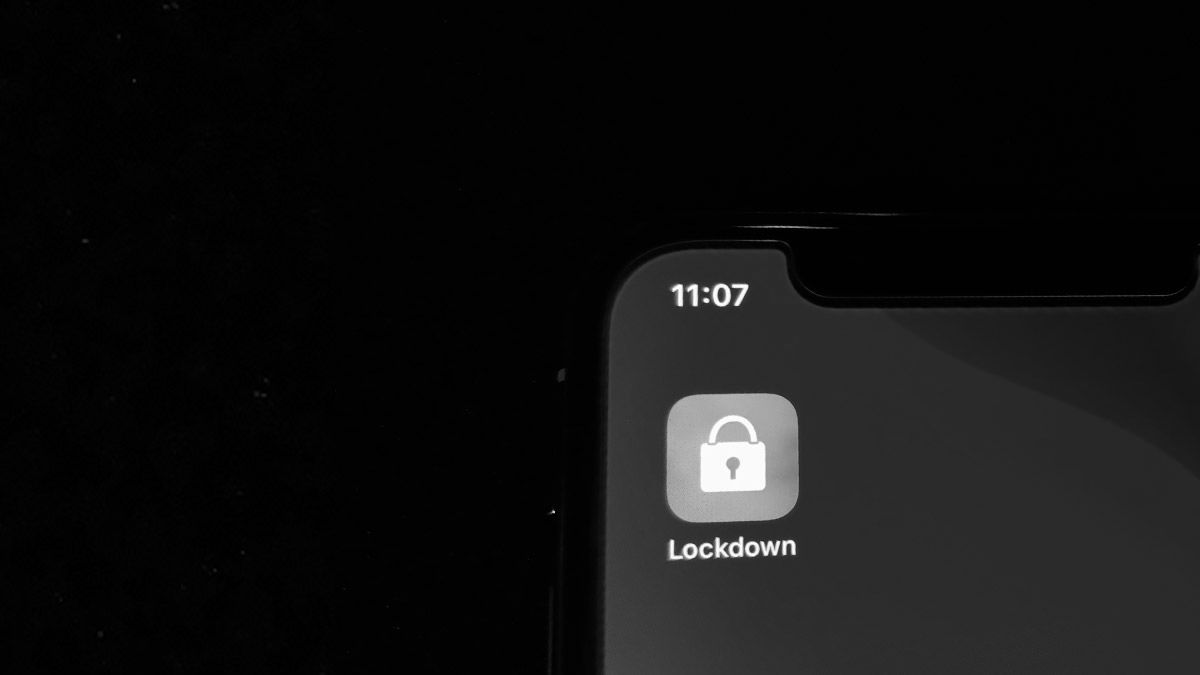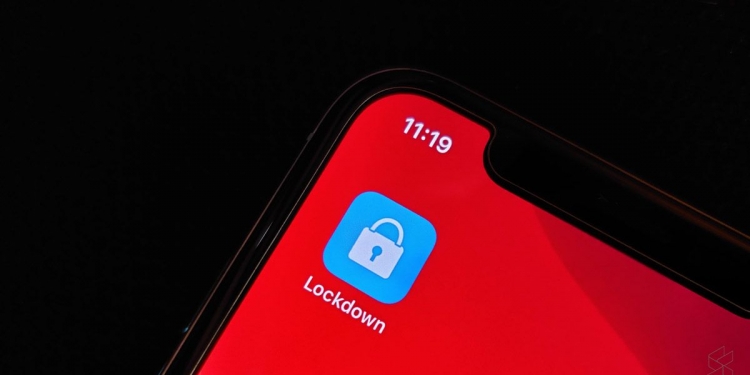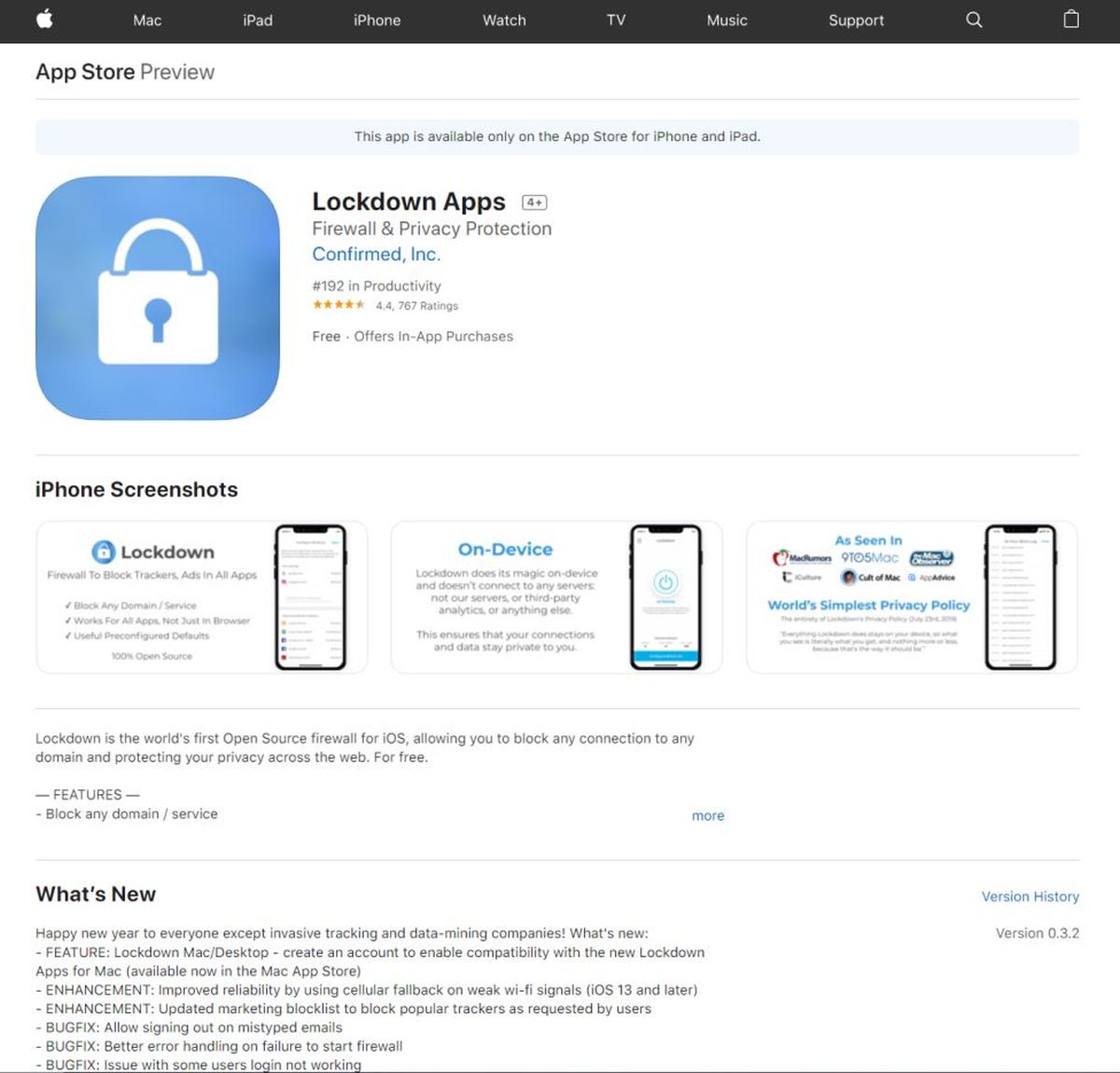When you think about online ads, and how they always seem to correlate perfectly to something you were just thinking about, it can seem like an enigmatic coincidence. In reality, you probably Googled something similar, and that activity was tracked by digital advertisers—including Facebook and Google.
The ethics of it all have certainly been questioned, and as more of the public become aware of how their online activity is tracked, these practices have become more transparent in their nature. In fact, in January of 2020, Google announced a new move away from third party cookies (towards machine learning)—and digital advertisers were reportedly unhappy.
Still, a little awareness goes a long way. And with Lockdown, that awareness is repackaged into a neat little app—first released on iOS, the “open-source firewall” is now available for Mac computers as well.
An interesting titbit? The app is the brainchild of two former Apple engineers: Johnny Lin and Rahul Dewan.
So, what does Lockdown do?
Lockdown, according to their website, is a firewall that “blocks tracking, ads, badware, and more”—and basic features are available with the free version of the app. They claim to have blocked over 1 billion trackers, and reveal that they have a user base of more than 100,000 people.
The open-source nature of Lockdown also means that users can self-verify that the app does not collect data logs. Rahul Dewan, one of the co-founders, explains to Forbes:
“This means you can prove our privacy policy that we do not log or collect any data from users except to run the service, and we have zero access to it.”
What is at risk?
And it’s not just Google or Facebook’s apps that use these trackers—despite the notoriety they receive in the press. Some of these 3rd party cookies are also present in websites you may visit on your browser, as well as other apps you may use on a daily basis.
And this data, when collected and sent back to advertisers, is then used to create profiles of each internet user. These profiles are consequently used for a variety of purposes, including ad-targeting (refer to the beginning of this article).
If you read a strongly-worded post by co-founder Johnny Lin on Medium, it’s clear that one of the major pushing factors between the development of Lockdown is the proliferation of trackers and the nature of these practices from big players in the data game:
“Some companies just don’t give a flying f about what the laws say, because they can easily afford the fines, and because the political climate doesn’t exactly lend itself to serious regulatory action against mega-corporations. Facebook (who collects more personal data than anybody else) has completely ignored it, choosing instead to wait for the next slap on the wrist.

Essentially, Lockdown is a way to “directly block” these trackers, which is a “more effective” alternative to allowing tracking and hoping that sites keep their word. And while the tracker-blocking function is available with the free version of the app, you can pay for their VPN service if you want to go one step further for privacy.
Another interesting bit here is that Lockdown has certification from Openly Operated, which basically means that the service works with “full transparency”.
“We believe people and companies that build privacy products have a unique responsibility to be more transparent than any other product line. That’s why Lockdown is 100% open source and openly operated—so that anyone can see what it’s doing, and just as importantly, what it’s not doing.”
You can download Lockdown from the App Store for iOS and iPadOS devices, as well as Mac computers. Alternatively, you can visit their official store to download, and to find out more.









